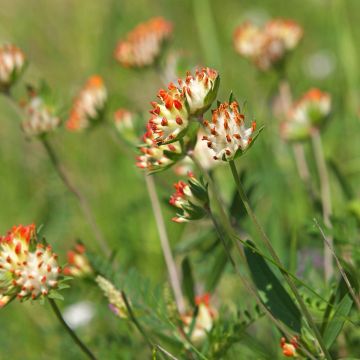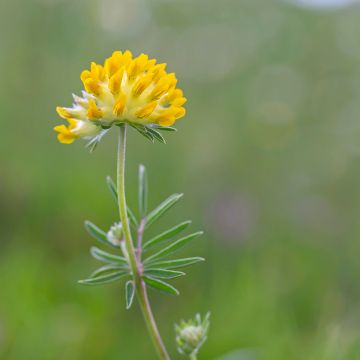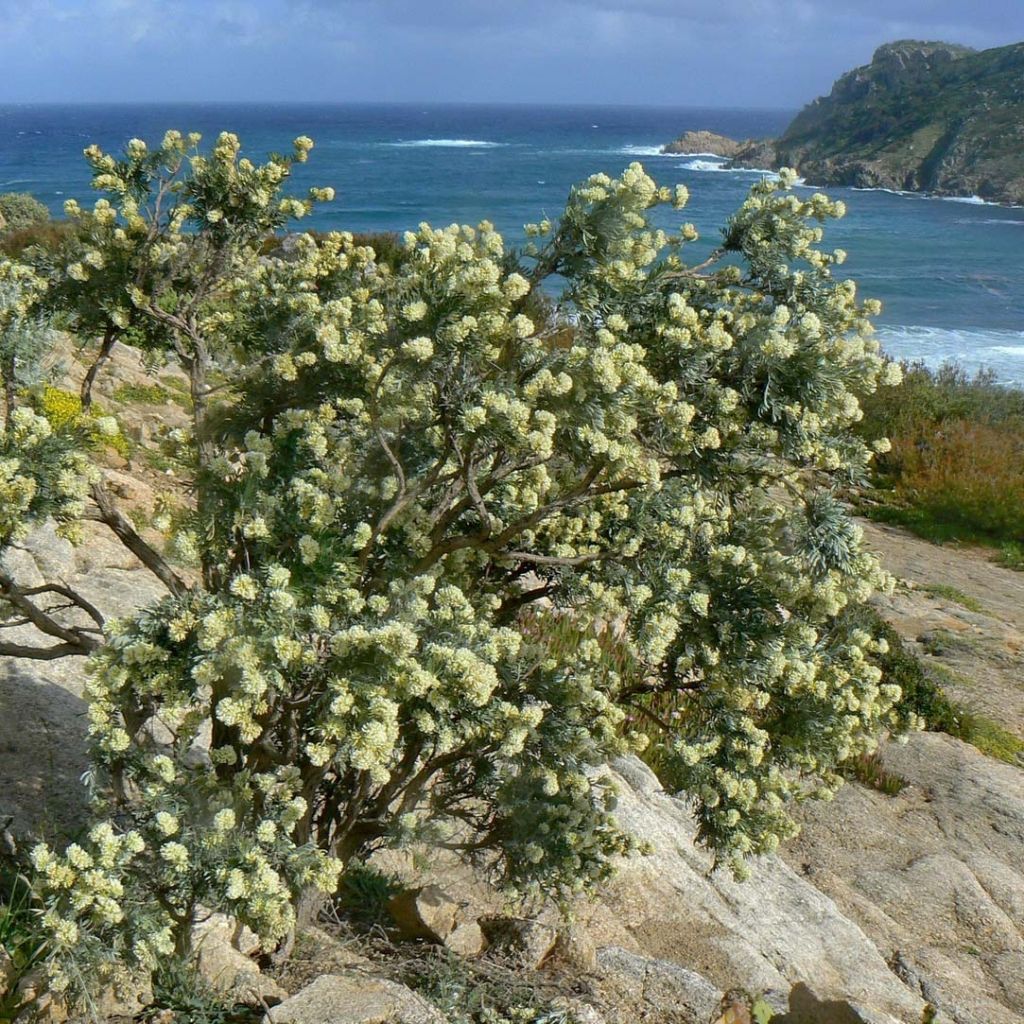

Anthyllis barba-jovis
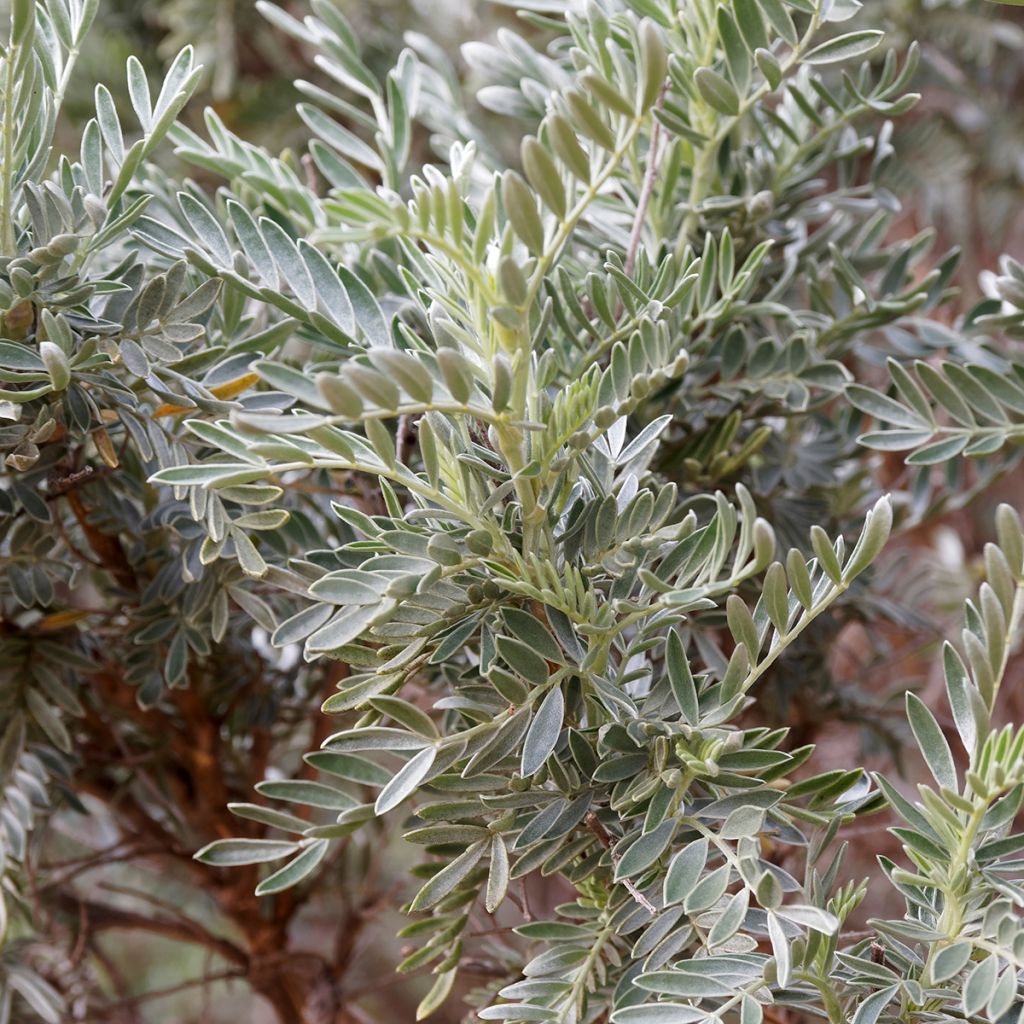

Anthyllis barba-jovis
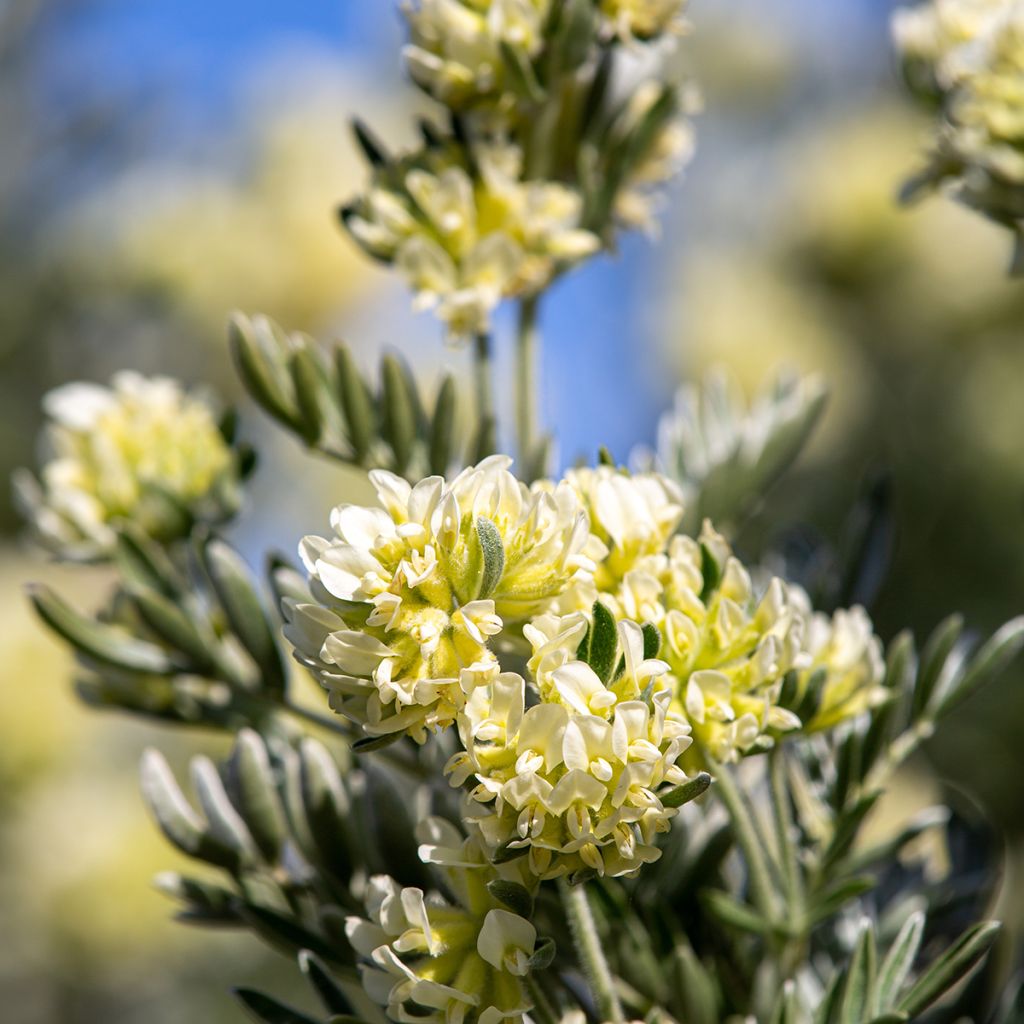

Anthyllis barba-jovis
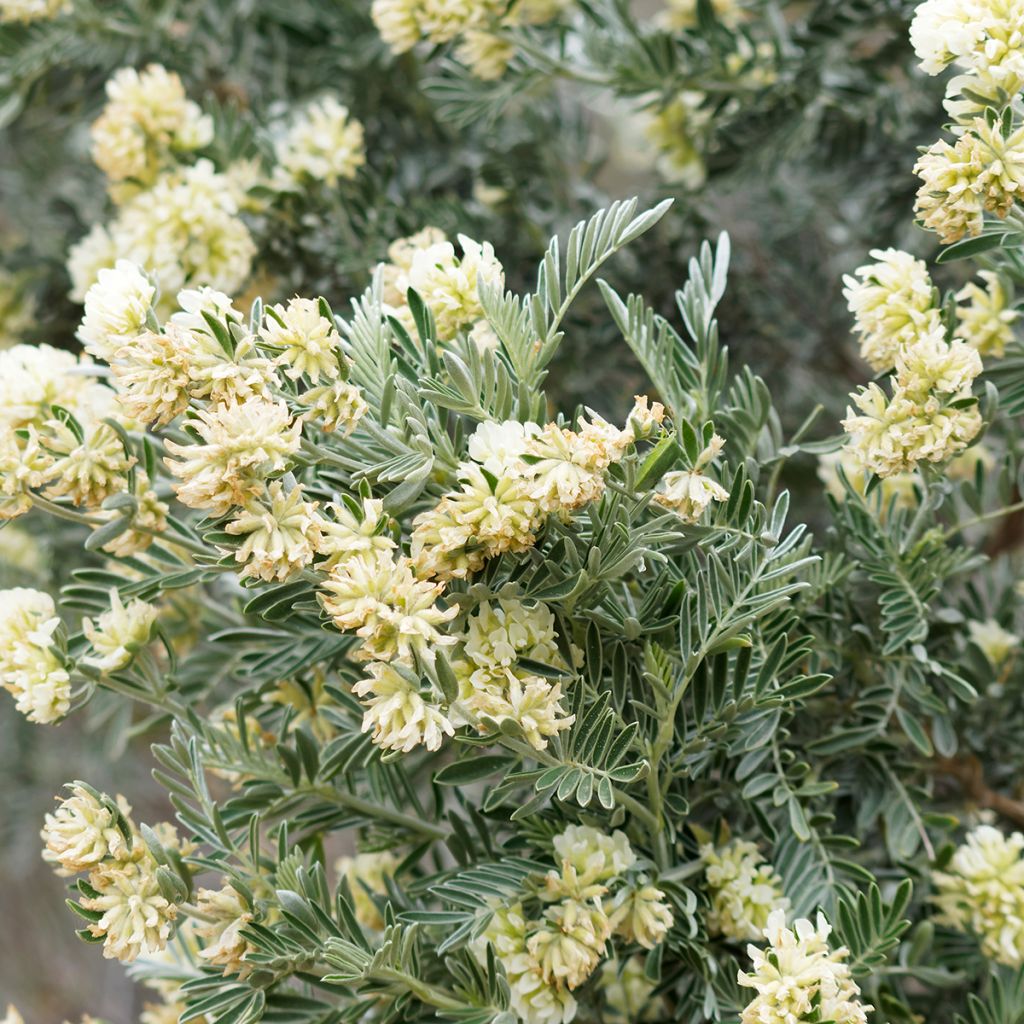

Anthyllis barba-jovis
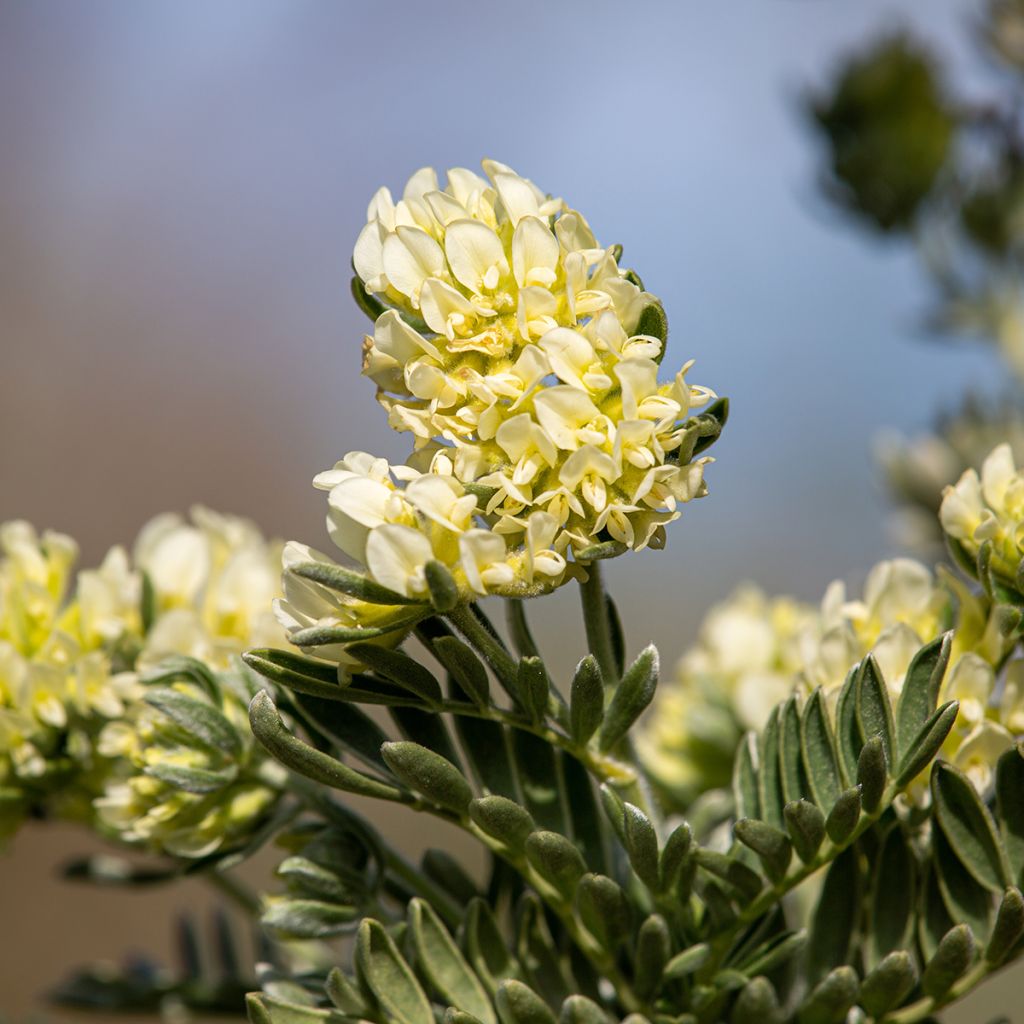

Anthyllis barba-jovis
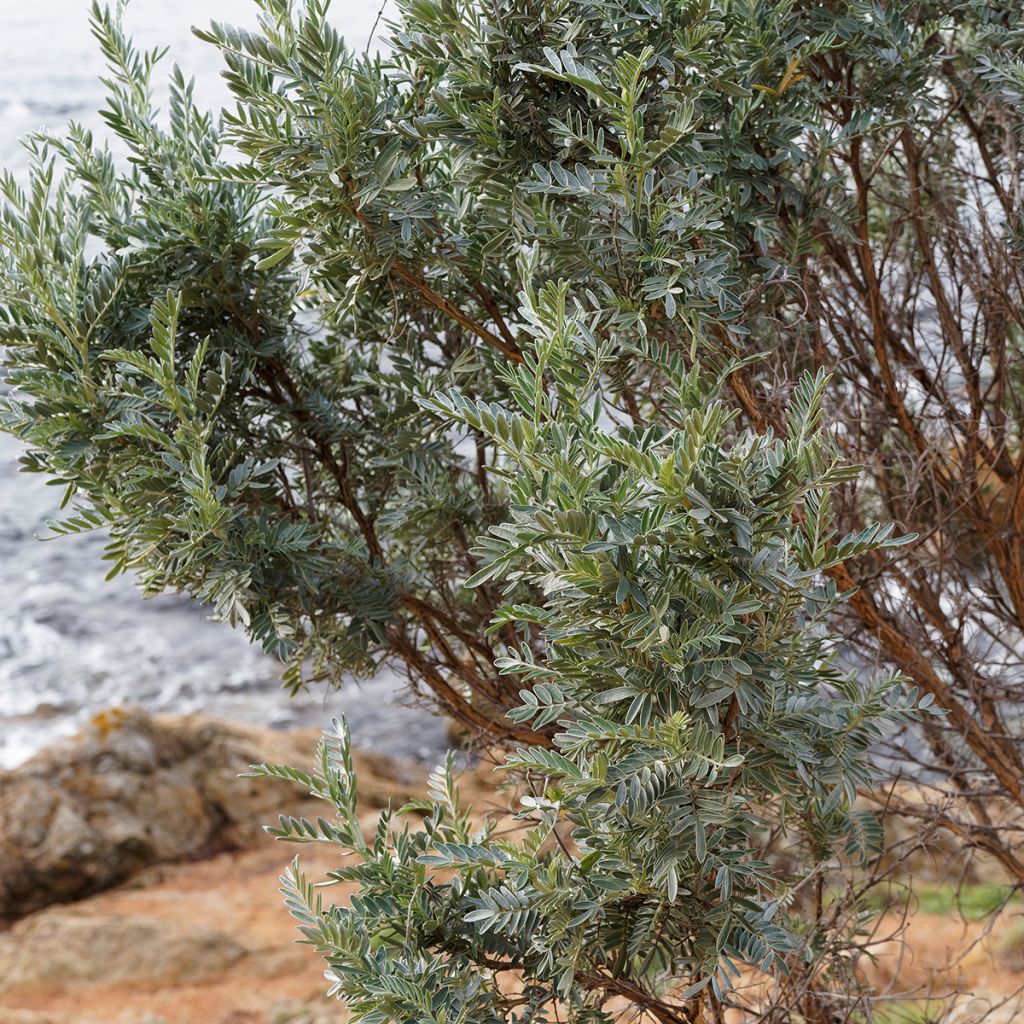

Anthyllis barba-jovis
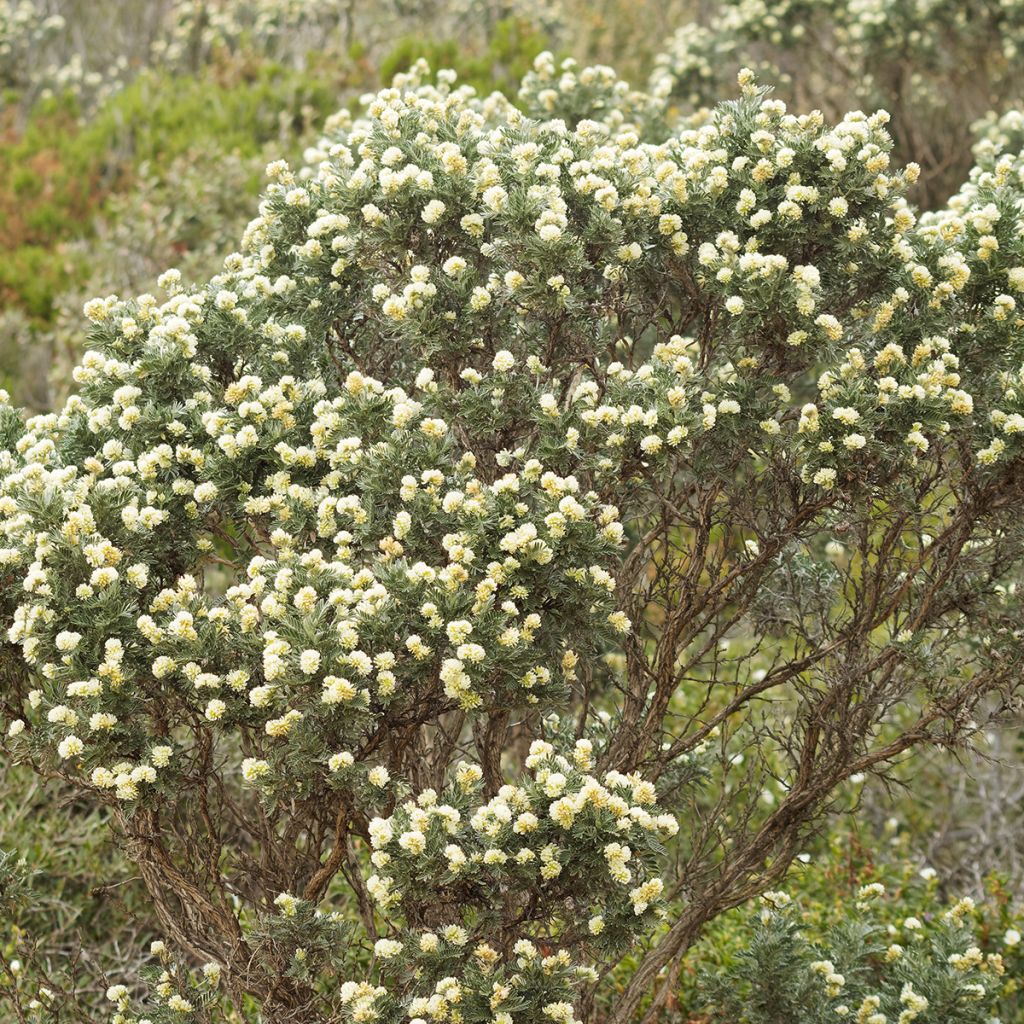

Anthyllis barba-jovis
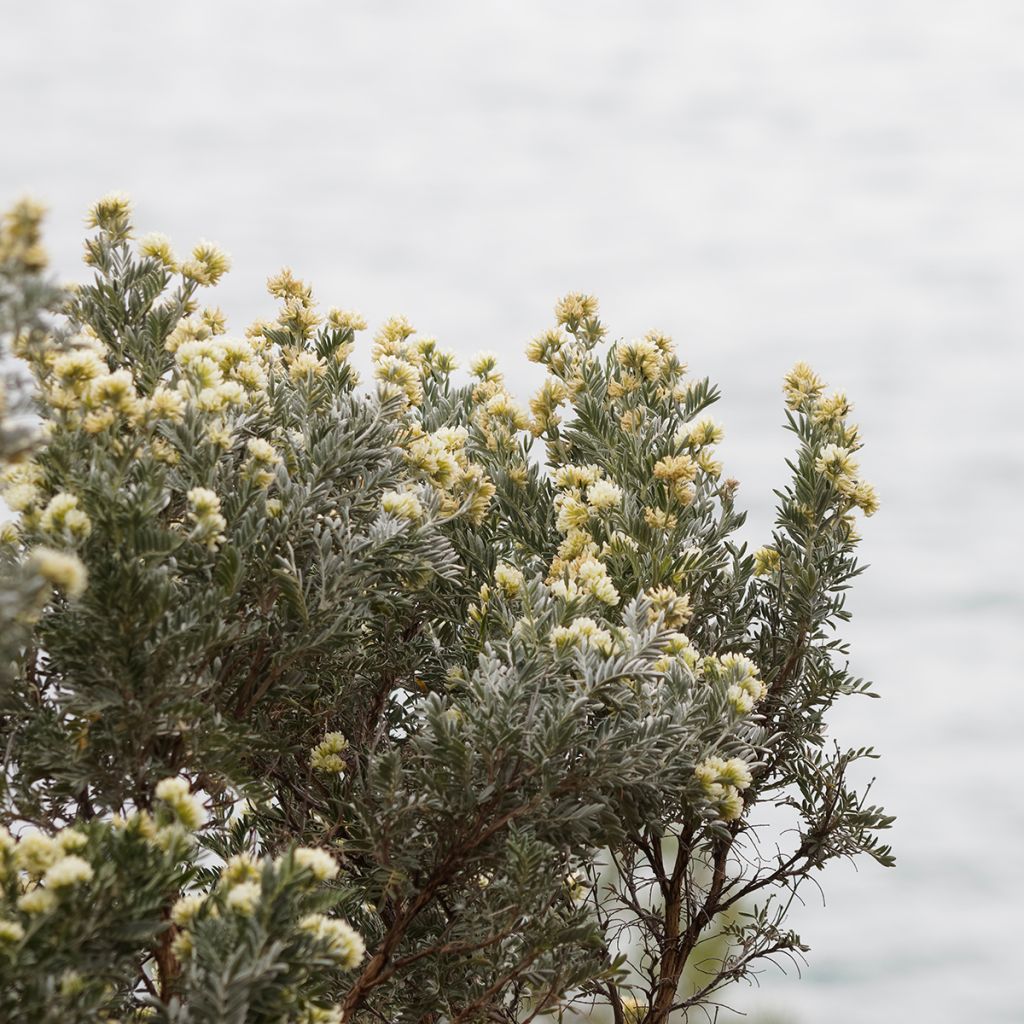

Anthyllis barba-jovis
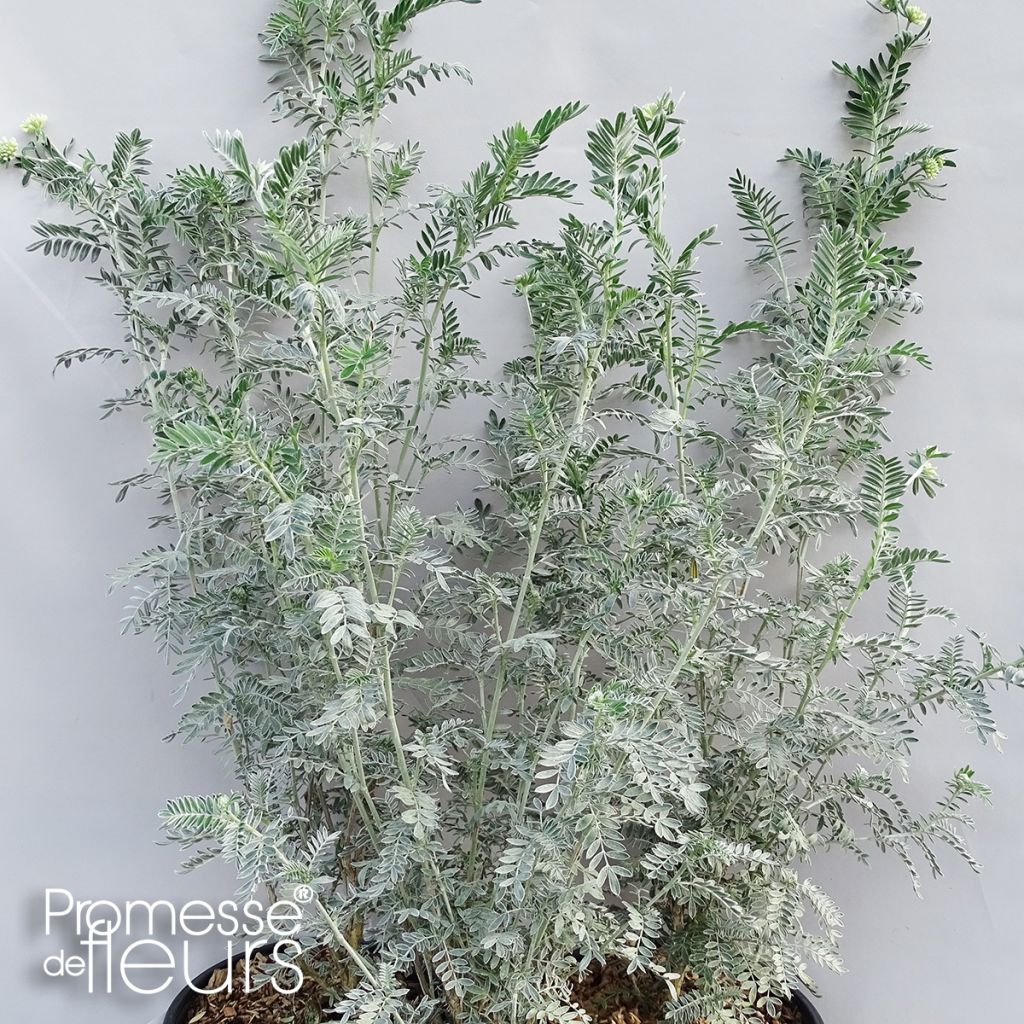

Anthyllis barba-jovis
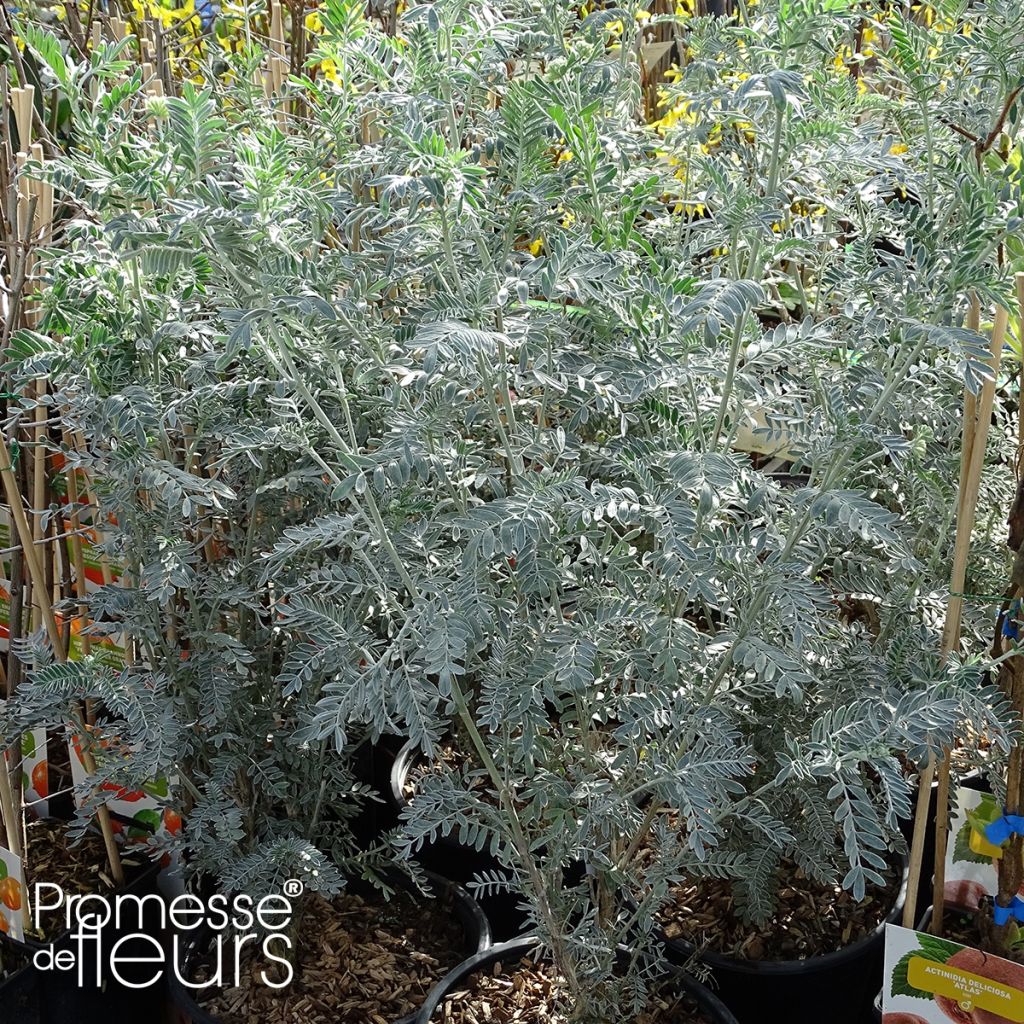

Anthyllis barba-jovis
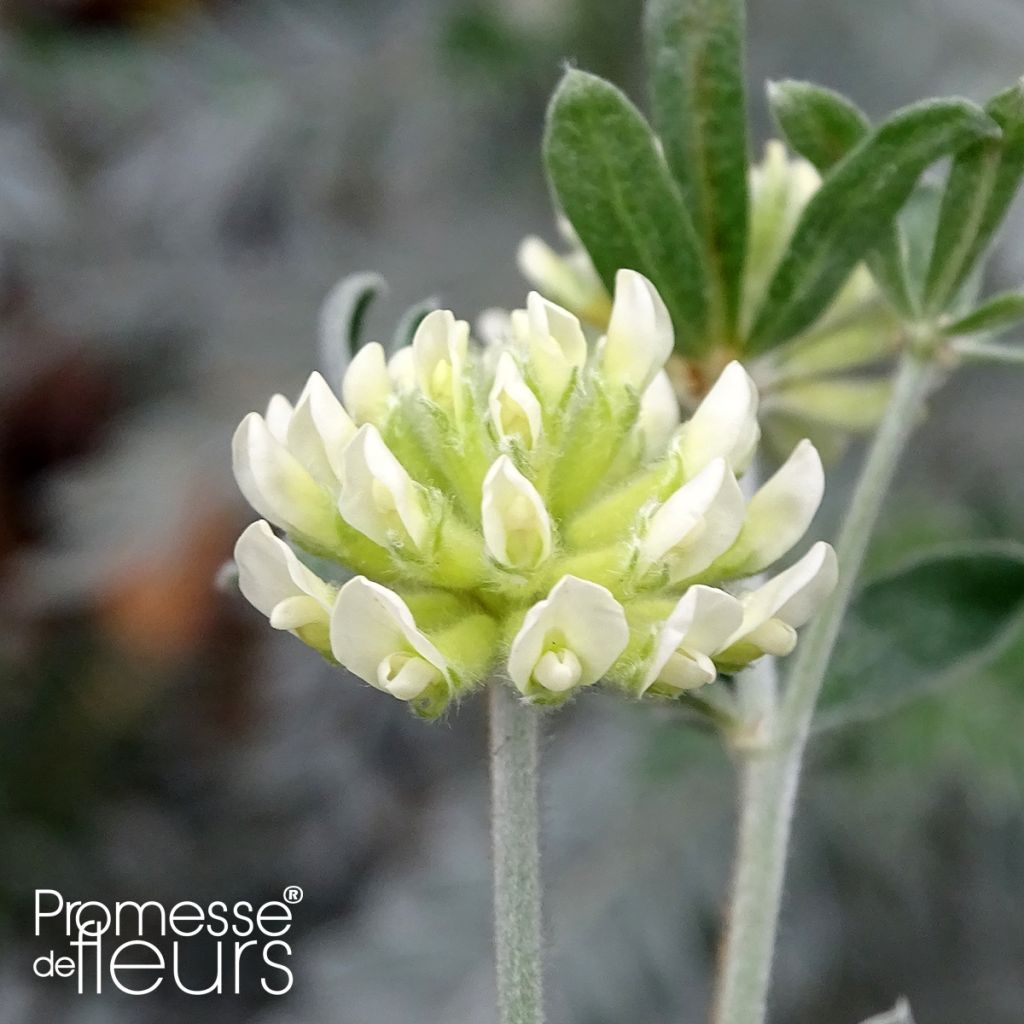

Anthyllis barba-jovis
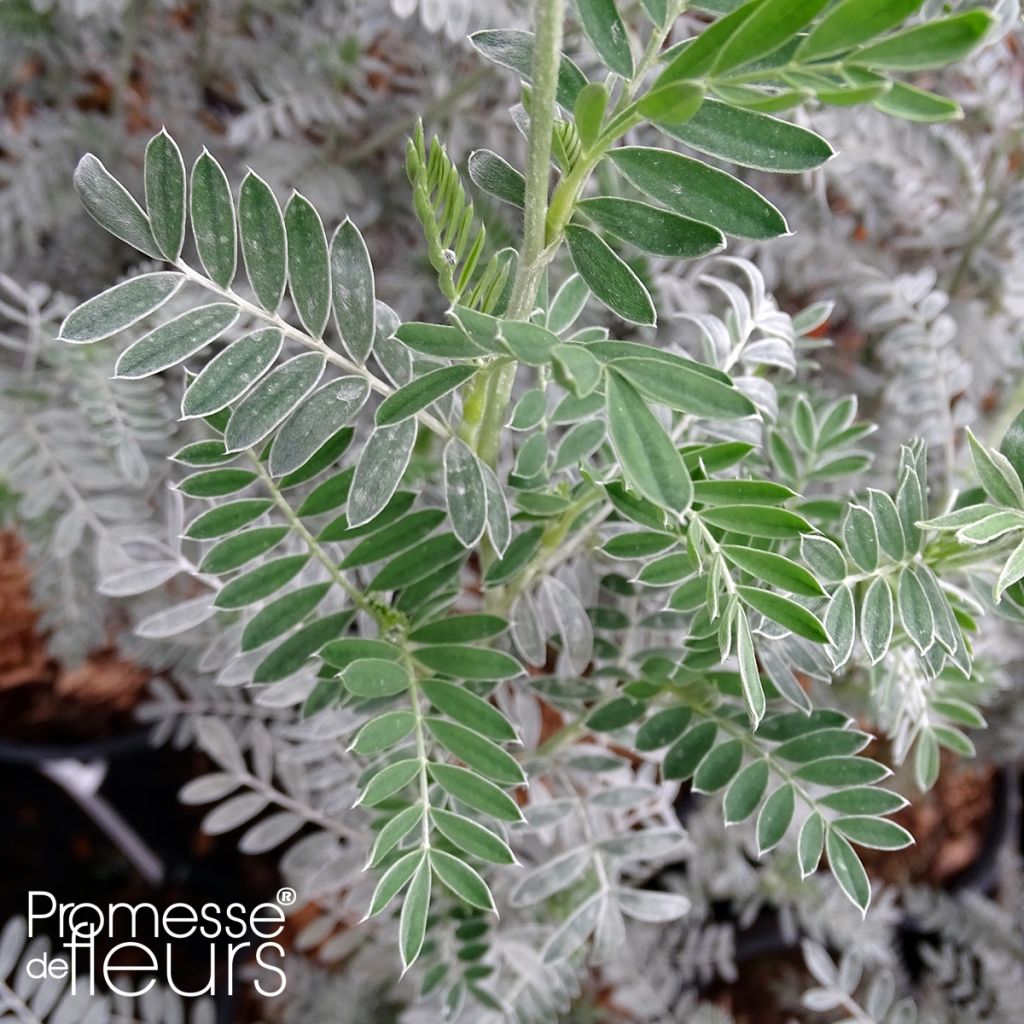

Anthyllis barba-jovis
Anthyllis barba-jovis
Anthyllis barba-jovis
Silver Bush, Jupiter's Beard, Jove's Beard
I am not satisfied. The young plant is very small for a price of €38; in my opinion, it's only worth half that. I do not recommend this site!
Kenza, 21/05/2025
Special offer!
Receive a €20 voucher for any order over €90 (excluding delivery costs, credit notes, and plastic-free options)!
1- Add your favorite plants to your cart.
2- Once you have reached €90, confirm your order (you can even choose the delivery date!).
3- As soon as your order is shipped, you will receive an email containing your voucher code, valid for 3 months (90 days).
Your voucher is unique and can only be used once, for any order with a minimum value of €20, excluding delivery costs.
Can be combined with other current offers, non-divisible and non-refundable.
Home or relay delivery (depending on size and destination)
Schedule delivery date,
and select date in basket
This plant carries a 24 months recovery warranty
More information
We guarantee the quality of our plants for a full growing cycle, and will replace at our expense any plant that fails to recover under normal climatic and planting conditions.

Would this plant suit my garden?
Set up your Plantfit profile →
Description
Anthyllis barba-jovis, also known as Anthyllide Jupiter's Beard or silver bush, is a Mediterranean shrub that has its place in a dry or seaside garden. Despite its modest size, it is elegant: rather narrow, slender, and airy, it boasts beautiful silver foliage that is evergreen in winter and adorned with long-lasting, pale yellow spring flowering that is very decorative.
Anthyllis barba-jovis is part of Mediterranean flora, native to North Africa, Italy, Spain, and France where it is protected. This shrub grows on rocks beaten by strong winds laden with sea spray, and in scrublands. Its taproot, which dives deep into the soil, allows it to withstand long periods of drought once well established. Its hardiness is admirable in the stony soils it appreciates, ranging from -10 to -12°C for an adult plant. Jupiter's Beard belongs to the large family of legumes, like alfalfa and lupine.
Anthyllis barba-jovis has an upright and branching habit, columnar, measuring on average 1.20m (4 ft) in height and 60 to 80cm (24 - 32 in) in width. Its young branches are silver-grey in colour then become beige with age. The foliage persists in winter. It is composed of pinnate compound leaves, with several narrow and elongated leaflets, measuring about 1cm (0.4 in) long and 3mm (0.1 in) wide. The upper side is green while the underside is covered with fine silver bristles. This hairy covering reflects the plant's excellent adaptation to sea spray and drought. Flowering occurs from April to June. It consists of clusters of tiny vanilla yellow flowers grouped at the ends of the branches. Pollination is carried out by insects. Each pod contains only one seed.
Anthyllide Jupiter's Beard is planted in beds in a natural garden without irrigation that suits Mediterranean scrubland plants: cistus, lavenders, rosemary, thymes, oreganos, and Mediterranean heathers. Or combine this beautiful shrub with evergreen ceanothus (Concha, Skylark) that offer a magnificent blue flowering in spring. At its base you can plant e.g. Mauritanian bindweed (Convolvulus sabatius), a magnificent blue-flowered ground cover, silver basket (Cerastium tomentosum), or silver bindweed (Convolvulus cneorum) to create a silvery scene of great effect.
Report an error about the product description
Anthyllis barba-jovis in pictures




Plant habit
Flowering
Foliage
Botanical data
Anthyllis
barba-jovis
Fabaceae
Silver Bush, Jupiter's Beard, Jove's Beard
Mediterranean
Other Anthyllis
View all →Planting and care
Plant Anthyllis barba-jovis in early autumn in hot and dry regions, or in February-March elsewhere. Choose a very sunny site. The soil should be well-drained, rocky, sandy, or stony. It can tolerate acidic, neutral, or alkaline soil. Excess moisture in winter, as well as in summer, is harmful to this Mediterranean bush. Only water to promote recovery: abundantly but spaced out to allow the soil to dry between waterings. Once the first two summers have passed this plant manages on its own, including in the Mediterranean region. Young plants can be pruned but adult plants tolerate pruning less well.
Once well established, Jupiter's Beard withstands short frosts of around -10 to -12 °C (14 - 10.4 °F) in soil that does not retain water. Its resistance to strong winds and sea spray is excellent.
Caution: this bush does not like to be moved. It forms a long taproot that dives deep into the soil, allowing it to withstand drought.
Planting period
Intended location
Care
-
, onOrder confirmed
Reply from on Promesse de fleurs
Haven't found what you were looking for?
Hardiness is the lowest winter temperature a plant can endure without suffering serious damage or even dying. However, hardiness is affected by location (a sheltered area, such as a patio), protection (winter cover) and soil type (hardiness is improved by well-drained soil).

Photo Sharing Terms & Conditions
In order to encourage gardeners to interact and share their experiences, Promesse de fleurs offers various media enabling content to be uploaded onto its Site - in particular via the ‘Photo sharing’ module.
The User agrees to refrain from:
- Posting any content that is illegal, prejudicial, insulting, racist, inciteful to hatred, revisionist, contrary to public decency, that infringes on privacy or on the privacy rights of third parties, in particular the publicity rights of persons and goods, intellectual property rights, or the right to privacy.
- Submitting content on behalf of a third party;
- Impersonate the identity of a third party and/or publish any personal information about a third party;
In general, the User undertakes to refrain from any unethical behaviour.
All Content (in particular text, comments, files, images, photos, videos, creative works, etc.), which may be subject to property or intellectual property rights, image or other private rights, shall remain the property of the User, subject to the limited rights granted by the terms of the licence granted by Promesse de fleurs as stated below. Users are at liberty to publish or not to publish such Content on the Site, notably via the ‘Photo Sharing’ facility, and accept that this Content shall be made public and freely accessible, notably on the Internet.
Users further acknowledge, undertake to have ,and guarantee that they hold all necessary rights and permissions to publish such material on the Site, in particular with regard to the legislation in force pertaining to any privacy, property, intellectual property, image, or contractual rights, or rights of any other nature. By publishing such Content on the Site, Users acknowledge accepting full liability as publishers of the Content within the meaning of the law, and grant Promesse de fleurs, free of charge, an inclusive, worldwide licence for the said Content for the entire duration of its publication, including all reproduction, representation, up/downloading, displaying, performing, transmission, and storage rights.
Users also grant permission for their name to be linked to the Content and accept that this link may not always be made available.
By engaging in posting material, Users consent to their Content becoming automatically accessible on the Internet, in particular on other sites and/or blogs and/or web pages of the Promesse de fleurs site, including in particular social pages and the Promesse de fleurs catalogue.
Users may secure the removal of entrusted content free of charge by issuing a simple request via our contact form.
The flowering period indicated on our website applies to countries and regions located in USDA zone 8 (France, the United Kingdom, Ireland, the Netherlands, etc.)
It will vary according to where you live:
- In zones 9 to 10 (Italy, Spain, Greece, etc.), flowering will occur about 2 to 4 weeks earlier.
- In zones 6 to 7 (Germany, Poland, Slovenia, and lower mountainous regions), flowering will be delayed by 2 to 3 weeks.
- In zone 5 (Central Europe, Scandinavia), blooming will be delayed by 3 to 5 weeks.
In temperate climates, pruning of spring-flowering shrubs (forsythia, spireas, etc.) should be done just after flowering.
Pruning of summer-flowering shrubs (Indian Lilac, Perovskia, etc.) can be done in winter or spring.
In cold regions as well as with frost-sensitive plants, avoid pruning too early when severe frosts may still occur.
The planting period indicated on our website applies to countries and regions located in USDA zone 8 (France, United Kingdom, Ireland, Netherlands).
It will vary according to where you live:
- In Mediterranean zones (Marseille, Madrid, Milan, etc.), autumn and winter are the best planting periods.
- In continental zones (Strasbourg, Munich, Vienna, etc.), delay planting by 2 to 3 weeks in spring and bring it forward by 2 to 4 weeks in autumn.
- In mountainous regions (the Alps, Pyrenees, Carpathians, etc.), it is best to plant in late spring (May-June) or late summer (August-September).
The harvesting period indicated on our website applies to countries and regions in USDA zone 8 (France, England, Ireland, the Netherlands).
In colder areas (Scandinavia, Poland, Austria...) fruit and vegetable harvests are likely to be delayed by 3-4 weeks.
In warmer areas (Italy, Spain, Greece, etc.), harvesting will probably take place earlier, depending on weather conditions.
The sowing periods indicated on our website apply to countries and regions within USDA Zone 8 (France, UK, Ireland, Netherlands).
In colder areas (Scandinavia, Poland, Austria...), delay any outdoor sowing by 3-4 weeks, or sow under glass.
In warmer climes (Italy, Spain, Greece, etc.), bring outdoor sowing forward by a few weeks.






























